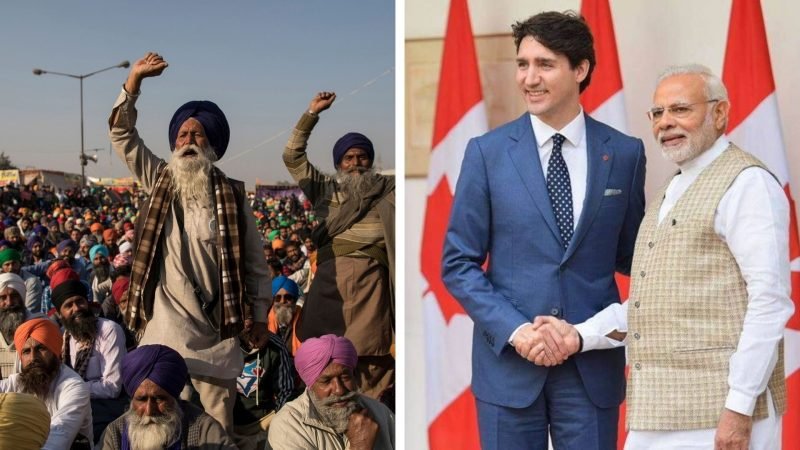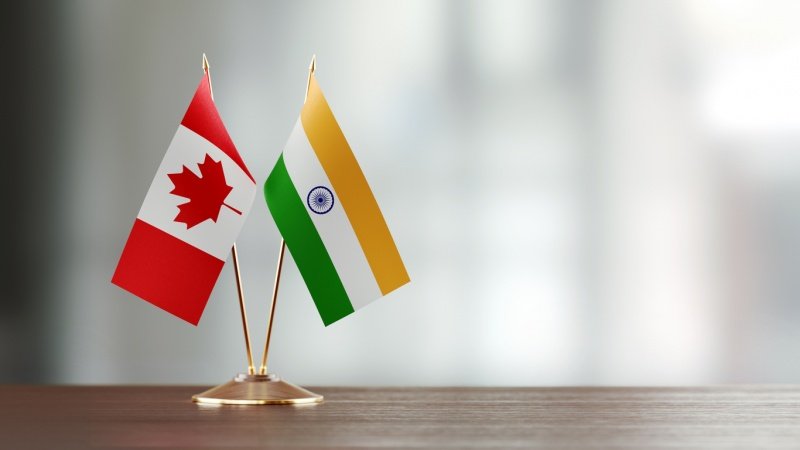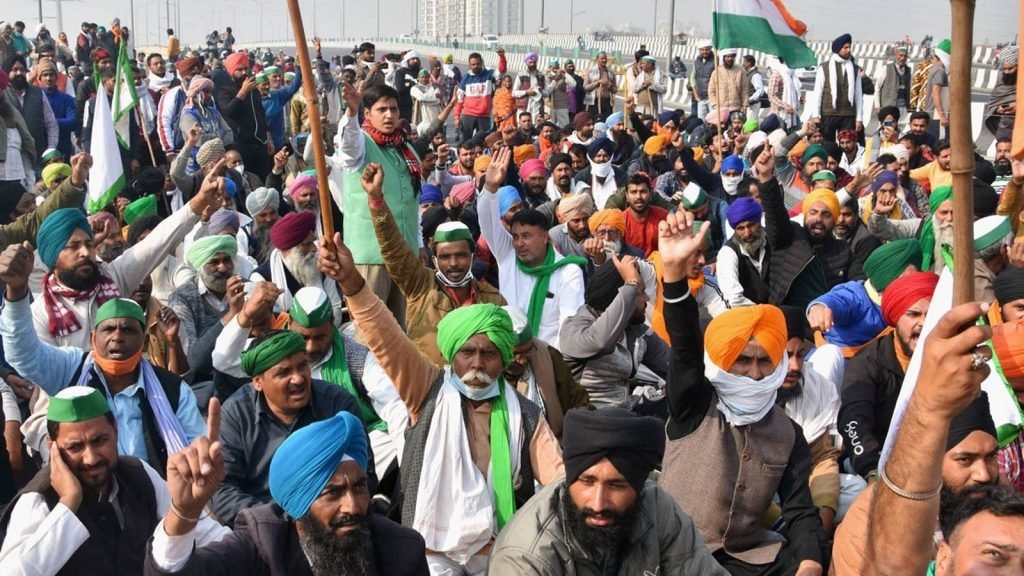India-Canada enters a shaky bilateral tie amidst farmers protest in India

Amid the ongoing agitation of Indian farmers on the periphery of New Delhi to scrap the three New Farm laws, Prime Minister Modi had a telephonic conversation with his ‘friend’; Canadian Prime Minister, Justin Trudeau on 10 February 2021. He expressed his willingness to purchase COVID-19 vaccines from India and applauded India’s industrious effort to fight against the pandemic. Indian Prime Minister assured the other side of “best possible support”, an MEA statement stated. It is evident that India has initiated a massive vaccination drive in South Asia and other continents on a commercial basis to ensure easy access to vaccines, and has already supplied 24 million doses to 25 countries. PM Trudeau said, “if the world managed to conquer COVID-19, it would be significantly because of India’s tremendous pharmaceutical capacity, and Prime Minister Modi’s leadership in sharing this capacity with the world”.
Both the leaders reiterated the need for free Indo-Pacific region, collaborative efforts to mettle out common adversaries such as climate change, strengthening global trade with improved rule-based International order. Considering the fragility of the Indo-Canada relationships which dwindled last year after Trudeau’s support to Indian Farmers and their right to protest, which attracted reaction from Indian Government as “ill-informed and unwarranted.” This sui generis conversation ignited curiosity among the people, whether Trudeau will again highlight Farmers issue at a time when India is vociferously propagating and promoting “India against Propaganda” campaign thereby flaking external interference in their sovereign matter.
While the Indian Government remained reticent on highlighting the talks on Farmers protest in its official MEA statement, the office of Canadian Prime Minister mentioned, “The leaders discussed Canada and India’s commitment to democratic principles, recent protests, and the importance of resolving issues through dialogue.”

The onset of Farmers protest witnessed the dwindling India-Canada Ties
Earlier on 30th November 2020, while addressing the Indian community of Canada on 551st birth anniversary of Guru Nanak via an online meet, the Canadian Prime Minister Trudeau quoted the situation of farmers protests in India as “concerning”. Showing empathy with his Canadian-Sikh constituents, he assured that “Canada will always be there to defend the right of peaceful protest”, subtly urging the Indian government to settle the concerns of the farmers through peaceful dialogue. Following which the Indian government issued a demarche to Canadian High Commissioner to India stating the comments of PM Trudeau and other Canadian Ministers as an “unacceptable interference” in India’s internal affairs. Further, asserting that such an action has encouraged extremist activism in front of the Indian High Commission and Consulate in Canada, raising security concerns for the Indian diplomatic personnel.
However, despite MEA warning which clearly emphasized that any further advancement of such actions will only damage the bilateral ties between India and Canada, Prime Minister Trudeau held onto his stance to support the farmers protest in India and subsequently retweeted “Canada will always stand up for the right of peaceful protests anywhere around the world.”

As the Canadian PM Trudeau became the first world leader to extend his support and comment on the issue of Indian farmers protesting the three farm bills in India, regularly reaffirming Canada’s support for the democratic principle of “right to peaceful protest”, one must not forget that Canada has the largest Sikh diaspora and subsequently the peaceful sit-ins of farmers in India are majorly from Punjab. This deep cultural ties of approximately 5.6% of Canadians being of Indian heritage certainly explains the sensitivity of farmers protests for Canada. However, Official Spokesperson of MEA, Anurag Srivastava tweeted, “It is also best that diplomatic conversations are not misrepresented for political purposes,” labelling Canada’s firm support to farmers as vote bank politics.
Now, the official press release by the Indian and Canadian government show discrepancy regarding the telephonic dialogue held on 10th February 2021, as the former reticent to highlight that discussion on farmers protest took place, whereas the latter has announced it with pride. The question remains whether it is India who is being oblivion to the international call for setting healthy democratic practices to handle protests and trying to curb dissent or is it the Canadian Prime Minister’s move for vote bank as subtly pointed by MEA spokesperson.
Although it can be said that the telephonic dialogue was an optimistic turn in Indo-Canada ties given that the conversation agreed to act in cohesion to strengthen their people to people tie, improve India – Canada strategic relationship, and to promote the sustainable and resilient global economy.
Lastly, Canada which accommodates a large number of South Asian communities, is home to 1.9 million Indians and has always been congruent with India on matters of Human Rights, global trade, effective multilateral order, and universal democratic principles. Both the countries hold a significant number of Sikh communities, so the leaders must refrain from taking any steps which would demoralise their citizens and jeopardize peace and amity between the nations. Afterall both are democratic regimes so a democratic method needs to be explored which would enhance their commitment to safeguard citizens fundamental rights and uphold the integrity of the nation. Hence the telephonic call by Trudeau has forged a new scope of improvement.


















